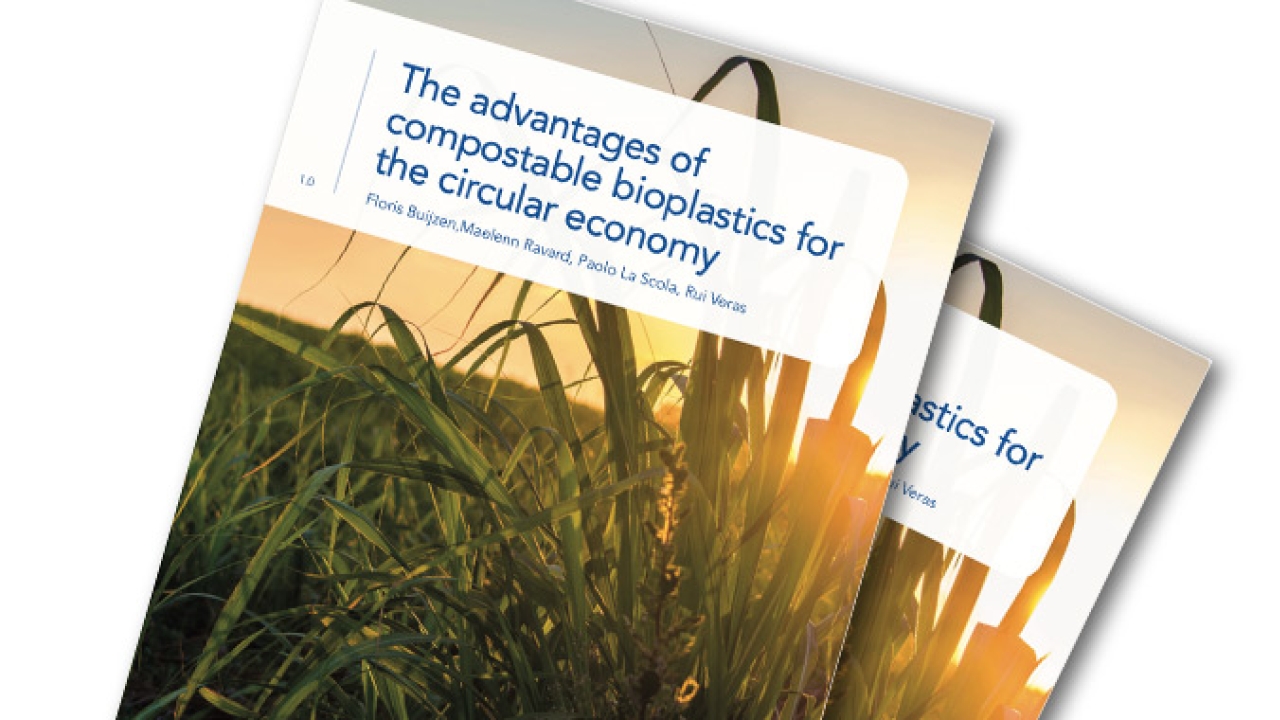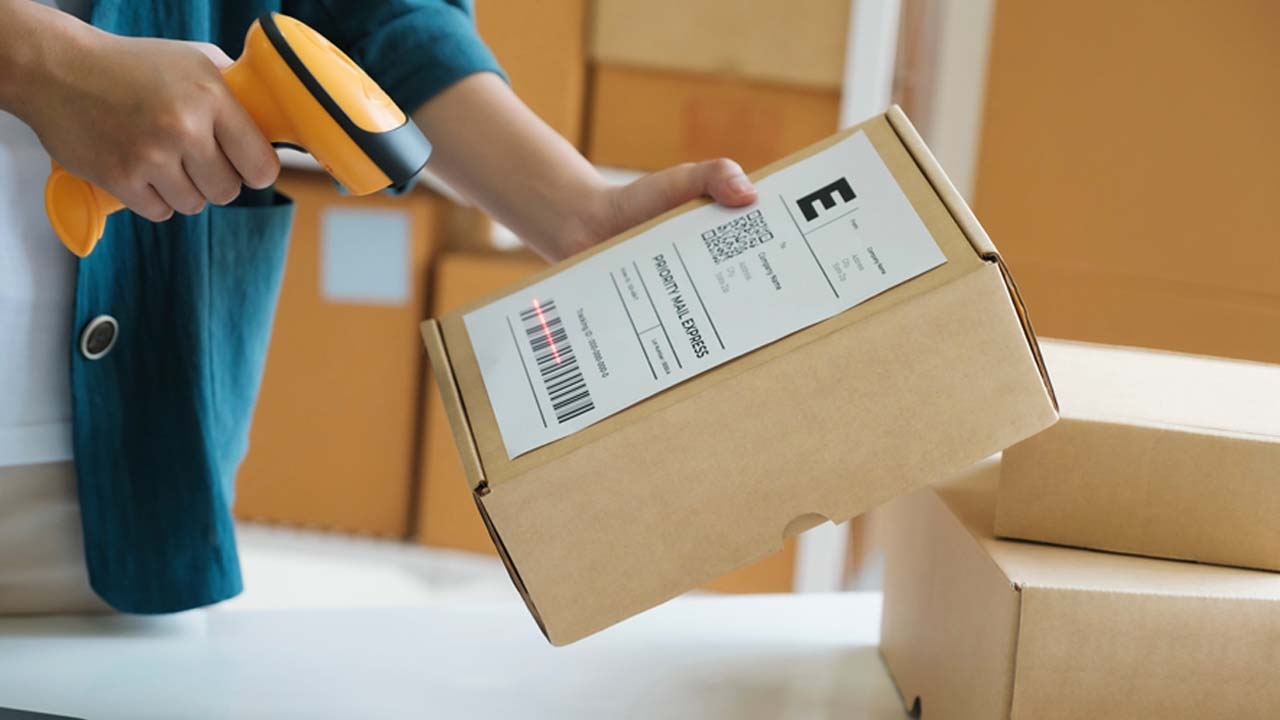TotalEnergies issues compostable bioplastics report
TotalEnergies Corbion has published ‘The advantages of compostable bioplastics for the circular economy’, a report advising on product design for compostable packaging.

Compostable packaging contributes to the diversion of biowaste from landfills or incineration, reduction of the biowaste stream contamination, and increasing efficacy of biowaste collection when the packaging is hardly separable from its organic waste content.
According to TotalEnergies, building a sustainable economy and reaching the climate neutrality targets requires innovative materials and improvement in waste management. PLA, a biobased, recyclable, and versatile material, offers an additional, sustainable, and efficient end-of-life option: composting.
With composting, the carbon drawn from the atmosphere during the plant feedstock growth is returned to the soil. Composting also brings nutrients back to the earth, increasing its quality and health without using chemical fertilizers. Composting biowaste mitigates the carbon emissions, as landfilling biowaste emits higher amounts of Green House Gases (CO2, CH4), which contribute to global warming.
Compostable bioplastics offer an alternative to conventional (fossil-based, non-biodegradable) plastic items, which are usually not recycled because of their organic waste content - for instance, teabags, coffee capsules and biowaste collection bags.
Certified compostable bioplastic packaging can be thrown in the biowaste bin with its organic waste content, avoiding landfilling and incineration and reducing contamination of the biowaste stream with conventional plastics.
‘Organic recycling plastic packaging, commonly known as composting, is a complementary end-of-life option. It contributes to achieving wider recycling targets, reducing carbon footprint and providing a valuable final product: compost,’ said Maelenn Macedo Ravard, sustainability and regulatory manager at TotalEnergies Corbion, and author of the report.
Olga Kachook, director of bioeconomy and reuse initiatives at GreenBlue, USA, added: ‘With the clock ticking on climate change, it’s worth celebrating the growing momentum behind composting as a solution and the role that compostable packaging plays in diverting food scraps from landfills.’
To learn more about the advantages of compostable plastics, read TotalEnergies Corbion's new report available online.
Stay up to date
Subscribe to the free Label News newsletter and receive the latest content every week. We'll never share your email address.

